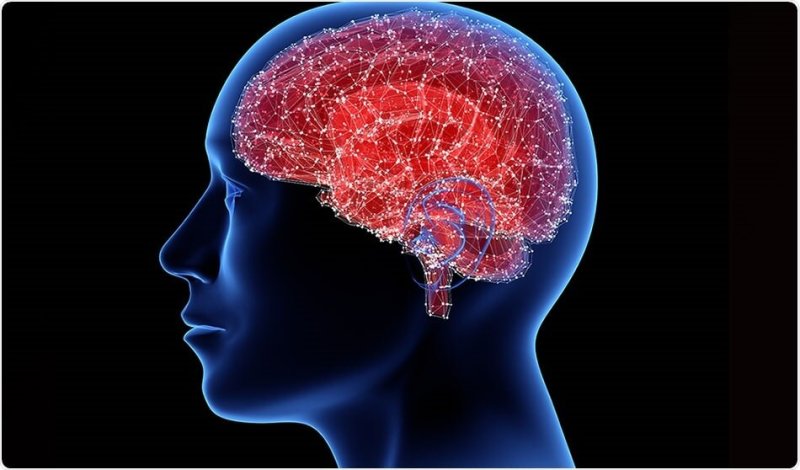During her time as a postdoc at the University of Basel in Switzerland, Sarah Shahmoradian decided to study the abnormal aggregates of protein that develop inside nerve cells and contribute to Parkinson’s disease.
…
“We were originally looking for fibrils,” Shahmoradian says, “but unexpectedly, we found an abundance of . . . mitochondria, other organelles, and lipid membranes [in the Lewy bodies].” The researchers also found evidence of lysosomes, organelles that facilitate cellular waste removal.
…
The study is one of many that raise questions about the prevailing idea that α-synuclein accumulation is the underlying cause of the neurodegeneration in Parkinson’s disease. Rather, α-synuclein buildup may be just one symptom of a more fundamental problem: the cells’ inability to break down excess lipids and proteins, including α-synuclein. Some Parkinson’s patients carry mutations in genes associated with lysosomal function, and studies in mice have revealed that natural aging leads to the build-up of lipids associated with Parkinson’s disease. These findings have led a small but growing set of scientists to propose that for a vast majority of Parkinson’s patients, the disease is fundamentally a cellular machinery problem, not a protein problem.
Read full, original post: Is It Time to Rethink Parkinson’s Pathology?































